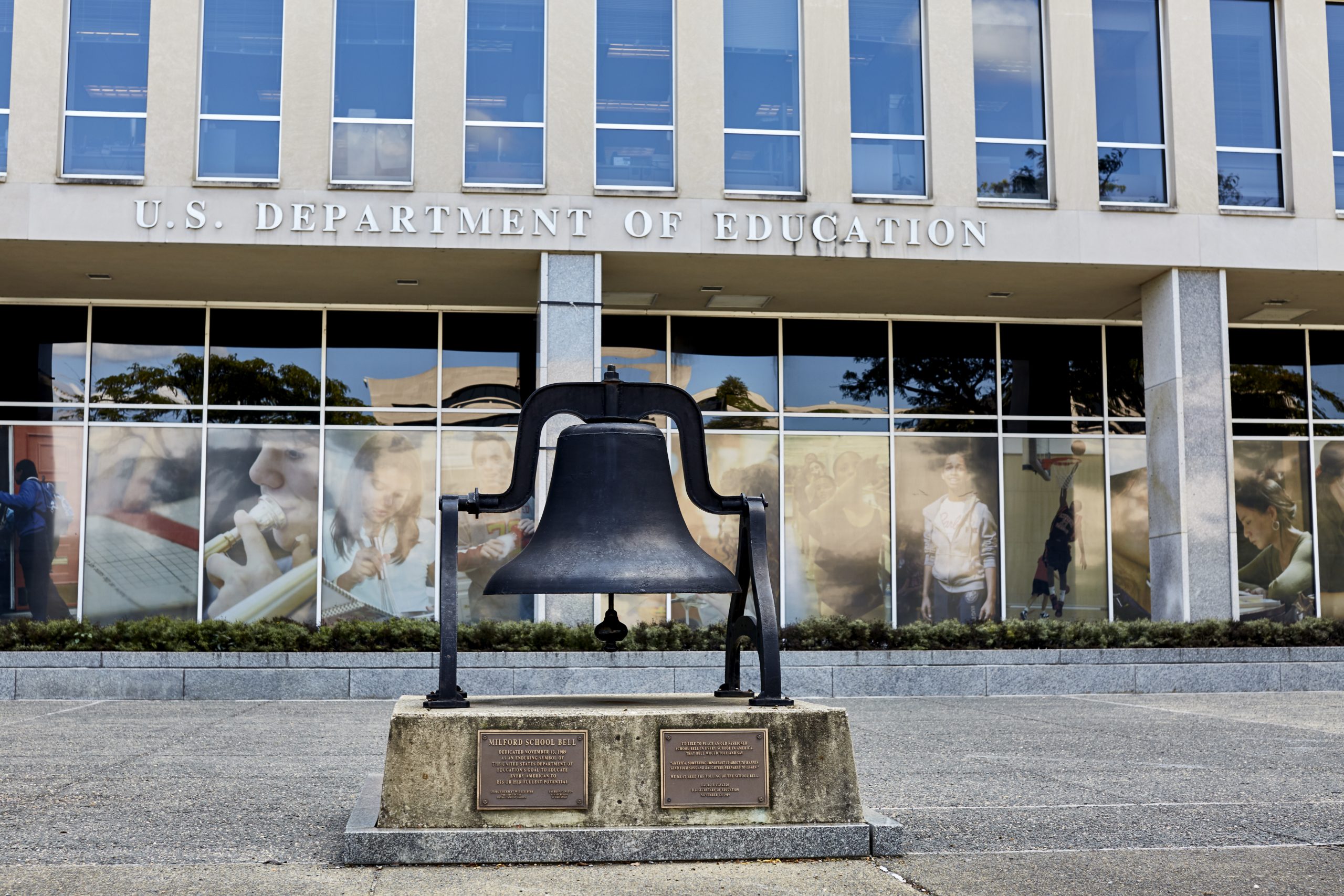News and Publications

Additional Resources: Hunter v. Department of Education Lawsuit
May 12, 2021
National Data Comparisons
A national study from Rutgers University highlights the LGBTQ student experience in American higher education overall. A comparison of this report with a recent report from the Religious Exemption Accountability Project (REAP) shows that LGBTQ students generally do measurably worse than their heterosexual/cis-gender peers at both faith-based and secular institutions, and in key areas, LGBTQ students at faith-based institutions actually have better experiences than LGBTQ students at secular institutions.
- For instance, the REAP report highlights the fact that “four in ten sexual or gender minority students” are “uncomfortable with their sexual identity on campus” at religious colleges. But the Rutgers report indicates that five in ten queer-spectrum students and seven in ten trans-spectrum students do not feel “respected” on their secular, public campuses.
- Similarly, REAP asserts that about 64% of “sexual minority students” reported isolation and loneliness at their religious colleges, about 18% more than “straight” students on the same campuses. But the Rutgers study reveals that just over 79% of queer-spectrum students on public campuses report feeling very lonely in the past year, which is 20% more than their straight peers on their own campuses, and 15% more than their sexual minority peers on religious campuses.
- The reported numbers for depression and suicidal thoughts amongst sexual minority student is almost identical between the two settings. The figures for these students while at Christian colleges are 60% (depression) and 20% (suicidal thoughts); about 60% (depression) and 23.5% (suicidal thoughts) at secular colleges reported feeling this way in the last 12 months. The similarity of these numbers is actually surprising, given that the REAP figures regarding the religious colleges were obtained during the pandemic, when overall levels of anxiety and depression have been considerably higher than when the Rutgers numbers were obtained in 2016 and 2017.
- On more serious questions of personal security, such as physical and sexual assault, sexual minority students were considerably more likely to suffer such affronts on secular/public campuses than on religious campuses. Sexual minority students were more than three times as likely to be physically assaulted (3% versus 1%) or sexually assaulted (16.6% versus 5%) on secular versus religious campuses.
CCCU Research on LGBTQ Student Experience
The CCCU has supported a line of research over the last decade on the experiences of LGBTQ students at Christian colleges that has been and continues to be published in peer-reviewed journals (see below) and in more accessible book form: “Listening to Sexual Minorities: A Study of Faith and Sexual Identity on Christian College Campuses.”
Dean, J., Stratton, S. P., & Yarhouse, M. A. (in press). The mediating role of self-acceptance in the psychological distress of sexual minority students on Christian college campuses. Spirituality in Clinical Practice. doi.org/10.1037/scp0000253
Reed, J., Stratton, S. P., Koprowski, G., Dillon, C., Dean, J. B., Yarhouse, M. A., Lastoria, M., & Bucher, E. (2020). “Coming out” to parents in a Christian context: A consensual qualitative analysis of LGB student experiences. Counseling and Values, 65, 38-56.
Stratton, S. P., Dean, J. B., Yarhouse, M. A., & Lastoria, M. (2013). Sexual minorities in faith-based education: A national survey of attitudes, milestones, identity, and religiosity. Journal of Psychology and Theology, 41 (1), 3-23.
Yarhouse, M. A., Stratton, S. P., Dean, J. B., & Brooke, H. L. (2009). Listening to sexual minorities on Christian college campuses. Journal of Psychology and Theology, 37 (2), 96-113.